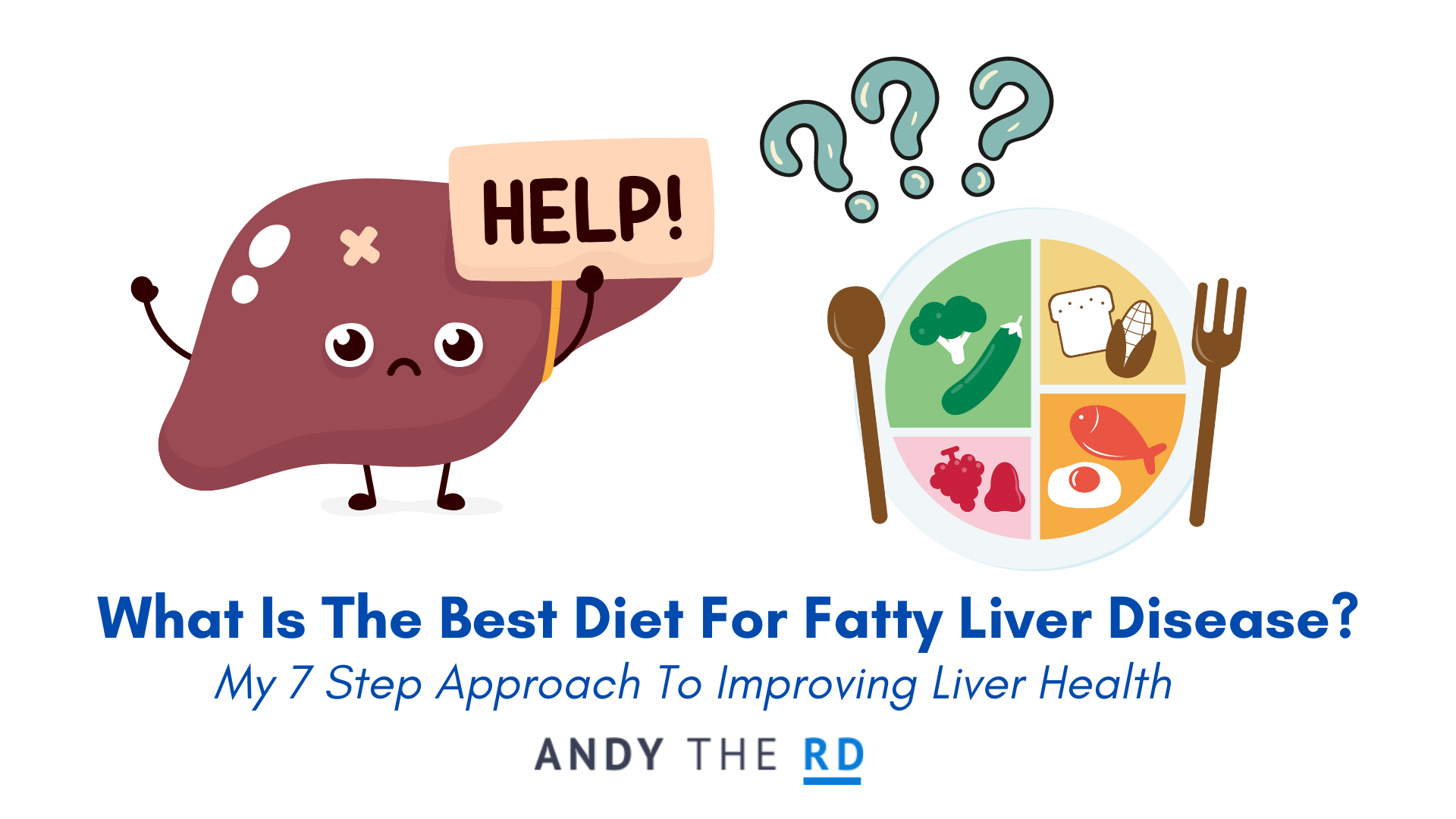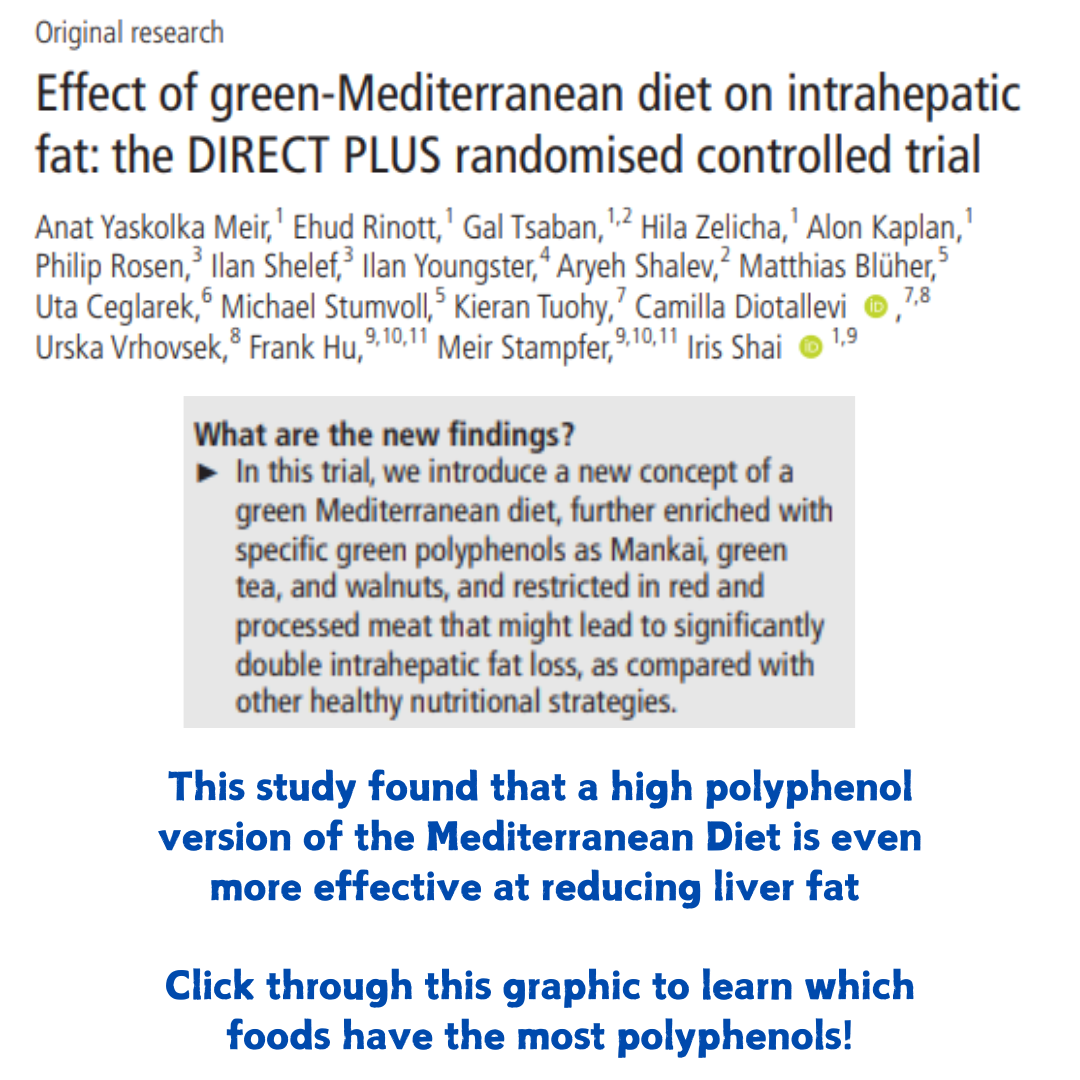If we use the best available human evidence as our metric for evaluation, there is little question of the fact that the Mediterranean Diet is the best diet for fatty liver disease.
Fatty liver disease, specifically Non Alcoholic Fatty Liver Disease [NAFLD], affects up to 1 in 3 adults – as per the latest data out of the acclaimed Lancet journal.
This means we have something like 33% of the adult population in North America curious about what the best diet for fatty liver disease is.
So why is the Mediterranean diet the best?
Let’s find out.
The Mediterranean Diet For Fatty Liver Disease
In 2020 the European Society For Clinical Nutrition And Metabolism published their latest comprehensive guidelines regarding nutrition for liver disease.
Here’s what they had to say about the Mediterranean diet:
- Improves insulin resistance
- Reduces liver fat accumulation
- Reduces liver scarring/damage
The best part?
All of these positive changes can occur independent of changes to your body weight, which means you can spend your time and energy focusing on bringing the Med Diet to life rather than scale surfing.
So how can you bring this style of eating to life?
Let’s find out.
The Mediterranean Diet In 6 [+1] Steps
When scientists and researchers evaluate how closely someone is following the Mediterranean diet they look at very specific criteria.
Let’s go through those criteria together.
Criteria #1 – Vegetable Intake
The Mediterranean diet asks you to consume at least 400 grams of vegetables per day.
For reference, 1 cup of broccoli is around 100 grams.
If you use lots of lighter weight garnish type vegetables, like onions/garlic, you may be able to get away with closer to 300 grams.
Criteria #2 – Fruit Intake
The Mediterranean diet asks you to consume at least 3 servings of fruit per day.
For reference, let’s say 1 piece of fruit OR 1 cup of fruit is equivalent to one serving.
One of these servings could be 100% fruit juice, I recommend orange juice because it contains unique compounds (flavanones) not found in other fruit.
All types of berries contain compounds known as anthocyanins which may be of unique benefit to liver health.
Criteria #3 – Olive Oil Use
Olive oil is uniquely high in beneficial monounsaturated fats and a staple cooking and dressing oil for the Mediterranean diet.
In sum, the Med diet asks for a total use of around 4 tbsp per day.
Avocado oil is a pricier but nutritionally similar alternative whereas high oleic sunflower oil is a similar but more economically friendly choice.
Criteria #4 – Legume Intake
Legumes are a family of foods which includes lentils, chickpeas, all types of related beans as well as tofu, tempeh and edamame.
The Mediterranean diet asks for at least 450 grams of legumes per week – this is about the amount in two cans of chickpeas.
You can also look at it as around 50 grams per day, which is 1/4 cup of cooked beans.
I look at legumes as very low glycemic index bases of a meal that can be used in rotation or combination with other favourable starches like quinoa, potato and rice.
I also recommend incorporating an additional ~400 grams of tofu ( 1 package) per week on top of this, because soy is rich in isoflavones which have been demonstrated to be good for liver health.
Criteria #5 – Fish/Seafood Intake
Fish and seafood are the only foods that naturally contain the long chain omega-3 fatty acids EPA and DHA, both of which are very important for liver health.
Salmon, trout, sardines, mackerel, herring and shrimp are the choices with the most of these essential fats.
The Mediterranean diet asks for at least 450-500 grams of fish per week or ~75 grams per day (the amount in a drained canned of sardines).
I generally recommend 500-750 grams of fatty fish per week for those who enjoy it, but for those who don’t we do have the ability to access EPA/DHA via supplementation.
Criteria #6 – Nut Intake
The Mediterranean diet asks for at least 90 grams of nuts per week.
For reference, 1/3 cup of almonds is around 33 grams.
Seeds and avocado ( 1 small avocado = 1/3 cup nuts) are nutritionally very similar to nuts and can realistically also be used.
Personally, I aim even higher than this in clients I work with.
Bonus Criteria #7 – Coffee & Green Tea
Lucky number seven, am I right?
Although not traditionally a part of the Mediterranean diet pyramid, there is growing evidence to suggest that coffee and green tea can help slow the progression of fatty liver disease.
A recently published study demonstrated that, in fact, adding 3-4 cups of green tea per day to a Mediterranean diet enhanced its ability to reduce liver fat accumulation.
To gain the protective benefit of either coffee or tea you’ll want to drink it minimally modified ( aka not a Starbucks Frap) and between 500 ml – 1 L ( 2-4 cups) per day.
Need More Guidance & Support? – I Can Help!
Andy De Santis RD MPH





